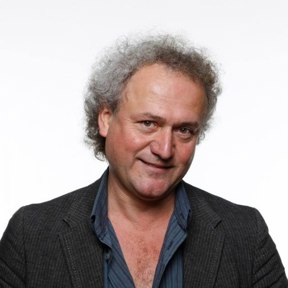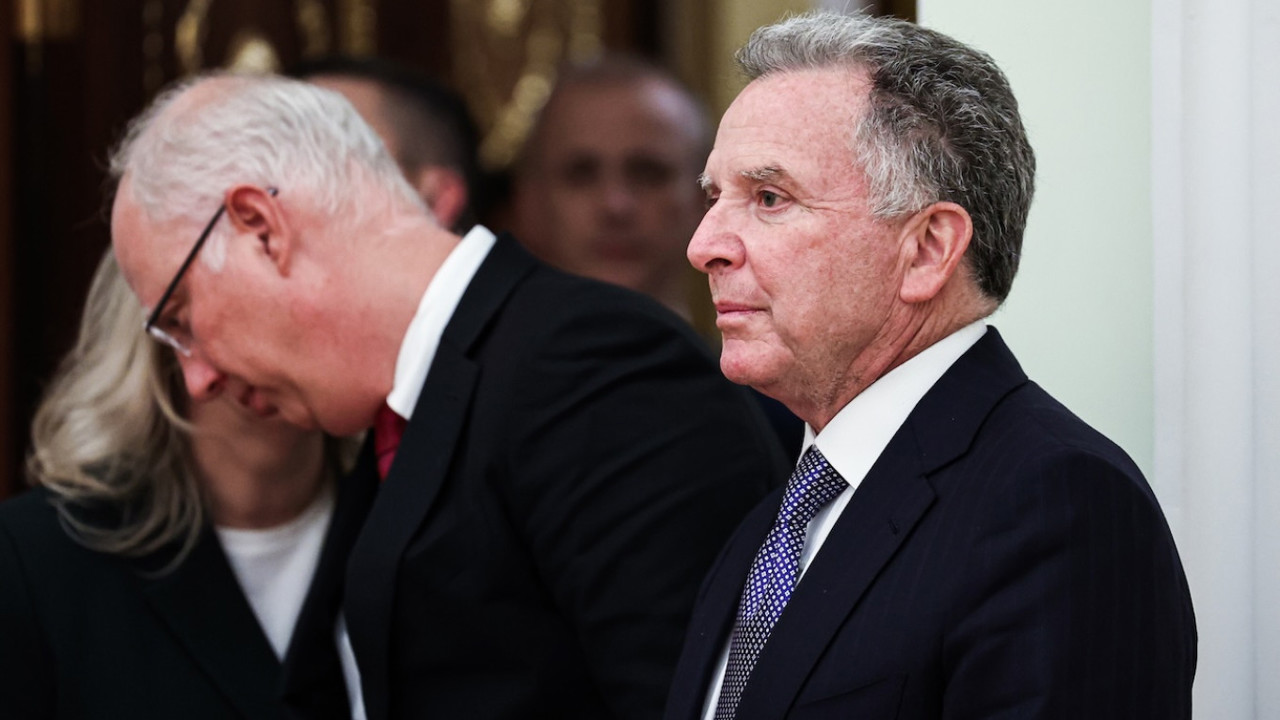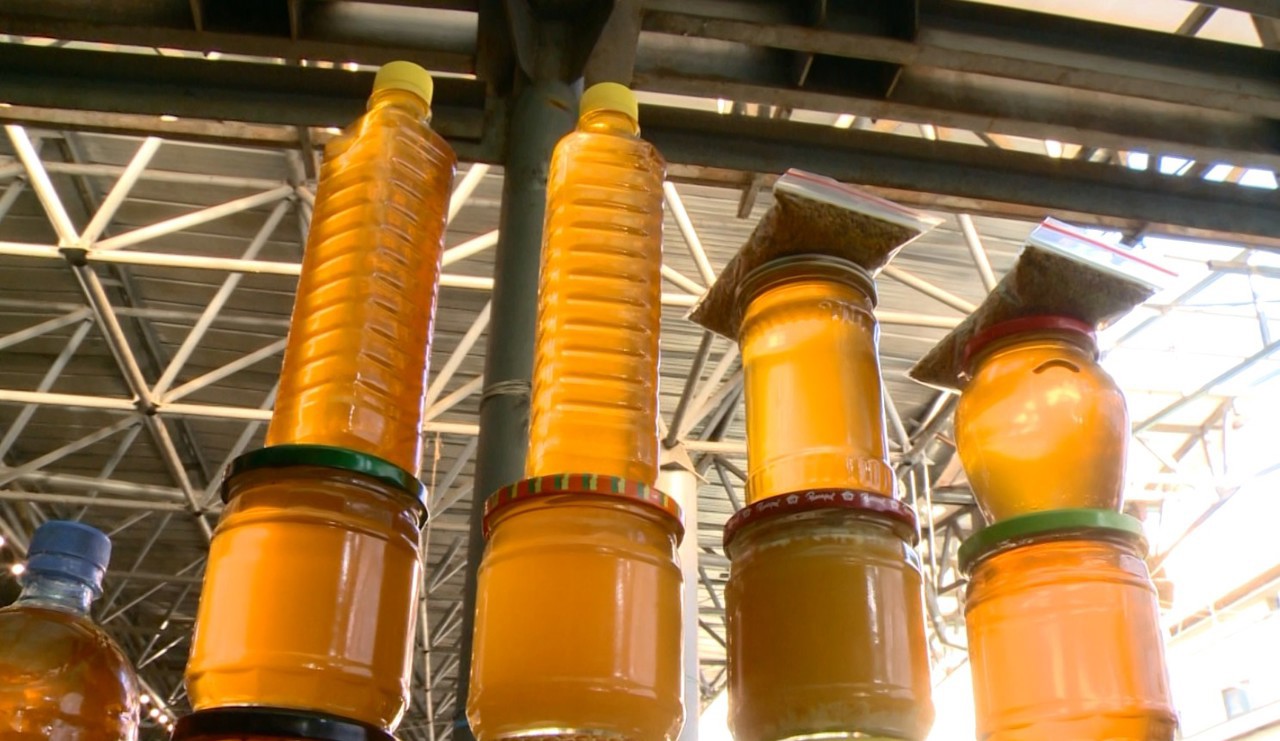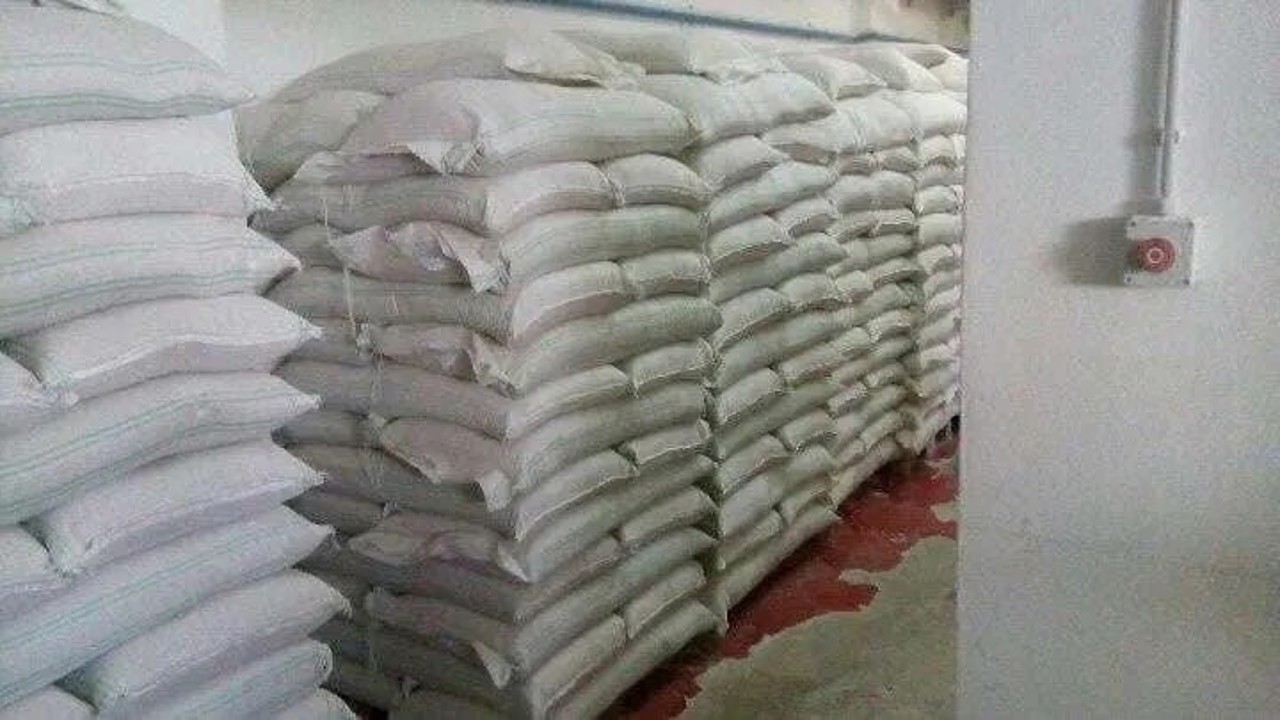Correspondence by Dan Alexe // Paris: the anti-Putin capital… and Russia remains excluded from the SWIFT banking system
After the 31-country summit dedicated to Ukraine, which took place in Paris on Thursday, March 27, Emmanuel Macron and Britain's Keir Starmer defended themselves as the main leaders of a coalition designed to defend Ukraine starting from the moment — very predictably — when Donald Trump withdraws altogether.
In addition to the ongoing military support that Europe will continue to provide to Ukraine, Macron announced that he and Britain’s Keir Starmer, the leaders of Europe’s two nuclear powers, are sending their chiefs of staff, along with others from many European countries (no unanimity needed here, Macron said, without naming Putinist Hungary), to set up the future structure of the European troops (“forces de réassurance”) in Kyiv.
The European military mission discussed by 31 countries in Paris will be under Franco-British leadership, without needing any blessing from the EU, NATO, the US or Russia. “Ukraine is a sovereign country that does not need anyone’s consent to invite foreign troops onto its territory,” Emmanuel Macron said. Even less with the agreement of Russia, which has already brought thousands of North Koreans to use them as cannon fodder…
And, of course, the EU, in addition to organizing militarily and supporting Ukraine, also maintains all the sanctions imposed on Russia. And here comes the part that the supporters of lifting sanctions against Russia did not foresee: -- Putin worked hard on Trump's behalf, demanding that Russian banks (especially the agricultural one, Rosselhozbank / Россельхозбанк) be allowed access to the SWIFT international payment system again, the one that everyone knows makes interbank payments other than by depositing bags of cash at the counter...
Here comes the irony: — Trump may have promised Putin something... but the SWIFT system is a European, Belgian creation, it has been adopted by almost all banks in the world; and the headquarters of SWIFT, the main global payment system from which Russia is excluded, is located in Brussels (more precisely in the suburban town of La Hulpe) and is subject to EU law.
In other words, Trump can propose anything to Putin. However, Russia will remain isolated from the banking system, and Russian diplomats will continue to walk around with suitcases stuffed with stacks of banknotes tied with elastic bands.
What is SWIFT
SWIFT (Society for Worldwide Interbank Financial Telecommunication) is therefore the system for international interbank exchanges and payments.
SWIFT created, for example, the famous IBAN code, by which every bank in the world is electronically identified, and the BIC code, which is also called the “Swift code” (“swift” meaning “fast” in English).
SWIFT is therefore not a bank but rather a messaging system. The network operates via transatlantic cables, and the content of the servers is not identical, with certain data being stored only on one or the other of them.
Of course, international payments can also continue outside SWIFT, made by entities willing to go through other circuits, but the effectiveness and speed are then greatly reduced. Iran, for example, was excluded from SWIFT for several years, but this was not a fatal blow to the economy of the Islamic republic.
One of the great advantages of the SWIFT network and system, besides speed and security, is its complete traceability. Neither party can deny having made or received a transaction.
Of course, disconnection does not necessarily mean the impossibility of making international payments. However, it goes back to the system before SWIFT, more than half a century ago, when confirmation of a payment made directly between banks was done… by fax.





